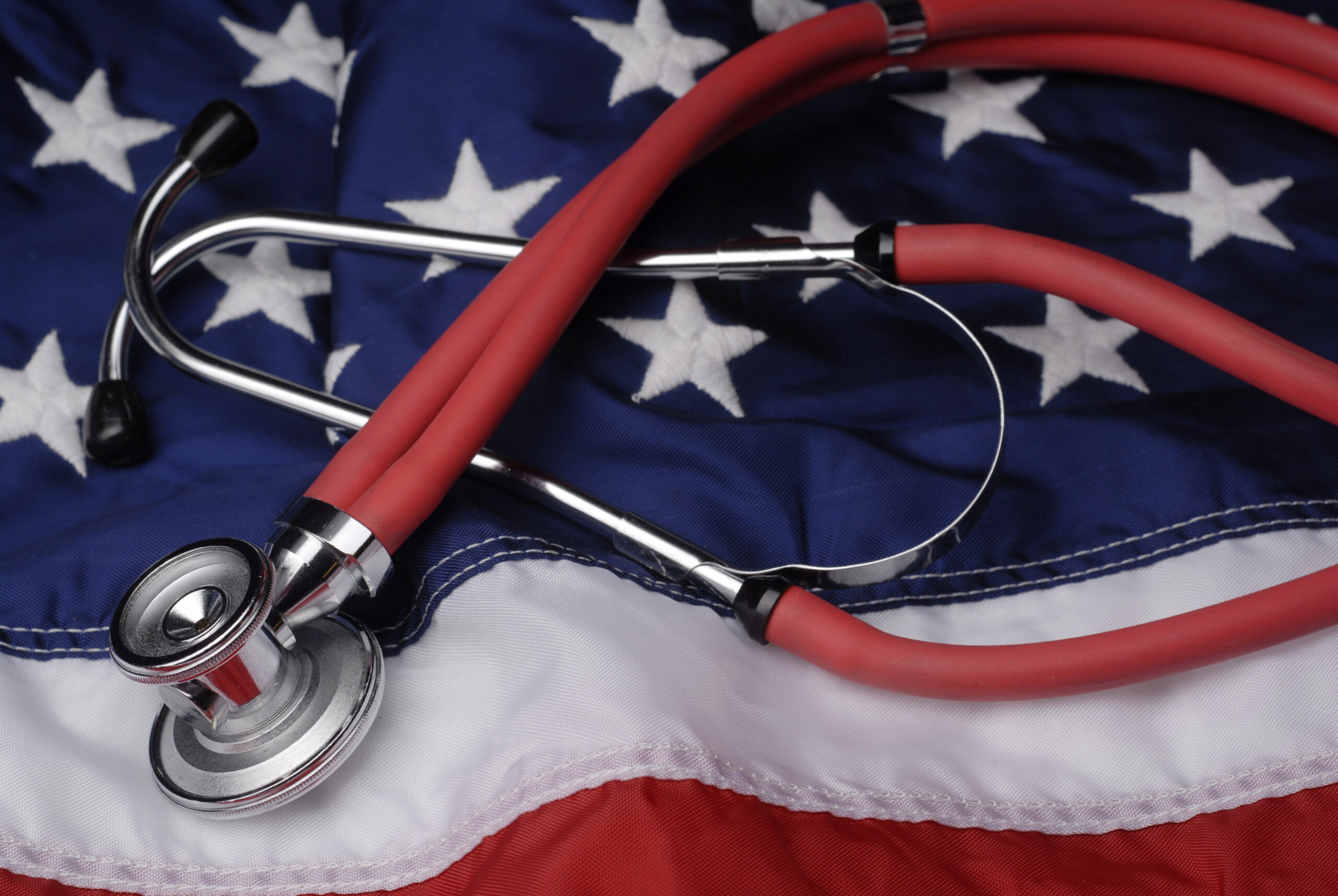Inside MAHA: The Coalition Challenging Political Norms and Disrupting Healthcare

Soon after the November 2024 election, President Trump appointed Robert F. Kennedy Jr. to serve as Secretary of Health and Human Services (HHS), welcoming a new group to the MAGA coalition and the president’s base of support. Now under the Trump tent, Kennedy’s supporters include voters skeptical of modern healthcare, vaccines, and the American food system.
In interviews with The Daily Wire, several health and wellness influencers, many identified as lifelong Democrats or Independents, said that hearing Trump champion their health concerns prompted them to reconsider their political alignment. United by shared concerns about public health institutions and a focus on eliminating chronic disease, food additives, and environmental toxins, this group has coalesced under the banner of “Make America Healthy Again” (MAHA).
The MAHA coalition’s views upend traditional conservative support for deregulation. It calls for increased scrutiny of the pharmaceutical industry, corporate agriculture, and government health agencies. In this environment of rising mistrust of healthcare companies and institutions, communicating effectively with policymakers and consumers will be a central challenge.
A Movement Born in Government Mistrust
MAHA is the latest evolution of a movement that began over two decades ago and is centered on vaccine skepticism and mistrust of public health experts. From 2000-2020, this movement was not closely aligned with either party, although many of the most active voices trended to the far left—as exemplified by RFK Jr.
Americans’ confidence in scientists to act in the public’s best interests went from 87% in April 2020, the early stages of the COVID-19 pandemic, to 73% in the fall of 2024."
However, COVID-19 changed the course of the movement when growing mistrust of public health institutions and opposition to lockdown orders reoriented it to the far right. According to Pew Research Center, Americans’ confidence in scientists to act in the public’s best interests went from 87% in April 2020, the early stages of the COVID-19 pandemic, to 73% in the fall of 2024. This 14% decrease in trust was driven by a disproportionately steep loss of confidence among Republicans.
While vaccine skepticism helped to foment the movement, MAHA’s slate of concerns has broadened to include critiques of industrial agriculture and school lunches, the use of antidepressants, environmental toxins, and conspiracy theories like chemtrails.
The MAHA Coalition: Unlikely Allies
MAHA brings together a patchwork of unconventional allies: wellness influencers, holistic and functional medicine doctors and advocates, “non-toxic” living proponents, vaccine skeptics, and biohackers. At the center is RFK Jr., mentioned in over 80% of MAHA-related online conversations, signaling that the movement’s cohesion may hinge on his continued visibility.
Prominent voices surrounding Kennedy are Calley and Casey Means, two formerly under-the-radar siblings who have quickly gained notoriety and now share media ecosystems with Tucker Carlson, Joe Rogan, RFK Jr., and President Trump.
Other MAHA influencers include Dr. Craig M. Wax on the right, Vani Hari (also known as the Food Babe) on the left, policymakers like Josh Hawley, author Sharyl Attkisson, and MAGA influencer Dave Rubin—all of whom serve as conduits for spreading MAHA’s message across wellness and political spheres.

MAHA Media Ecosystem
MAHA’s rapid rise has been fueled by a digital advocacy strategy that bypasses traditional media. Platforms like Instagram and TikTok play a major role, particularly among young, wellness-focused audiences. Influencers use these channels to promote natural remedies and express skepticism toward pharmaceuticals and public health agencies. On TikTok, the hashtag #MAHA has appeared in over 224,000 videos, per The Guardian.
Beyond social media, Substack has become a key outlet for banned or de-platformed voices. Writers like Dr. Joseph Mercola and Alex Berenson have built large followings, with Substack reportedly earning over $2.5 million annually from anti-vaccine newsletters.
Podcasts round out the ecosystem. The RFK Jr Podcast challenges mainstream narratives, while The Dr. Hyman Show, The Joe Rogan Experience, The Rubin Report and The Glenn Beck Program offer platforms where MAHA-aligned ideas can reach broader audiences.
Implications for Healthcare Communicators
As the MAHA coalition continues to evolve, health communicators must stay current with changing narratives and public sentiment.
Rather than dramatically shifting strategy, industries—particularly healthcare and biopharma—should consider reframing their strategic communications to better resonate with MAHA-aligned audiences:
- Emphasizing contributions to managing chronic illnesses, not just vaccine innovation.
- Using plain, accessible language to explain complex science and policy decisions.
- Proactively building trust through transparency and empathy, especially in online environments where misinformation spreads rapidly.
- Monitoring relevant conversations across platforms to understand MAHA narratives and track trends, influencers, and sentiment shifts in real-time.
Identifying and working with trusted messengers, such as wellness influencers, can help authentically relay information."
Health communicators can also establish public affairs partnerships with credible community-based health groups and wellness platforms to build trust and engagement. At the same time, identifying and working with trusted messengers, such as wellness influencers, can help authentically relay information to this growing coalition.
Our team has its finger on the pulse of the MAHA movement and what it means for clients in the healthcare industry and beyond. We help organizations maintain strong relationships with their audiences despite rapidly evolving health narratives. We work with clients daily to help them analyze current sentiment, strengthen outreach tactics, stay competitive, and prepare for any political or public opinion outcome.
Above all, healthcare institutions must recognize that the MAHA movement represents a growing skepticism toward traditional health narratives. Proactively engaging with this audience while staying rooted in facts can help mitigate the further erosion of public trust.







